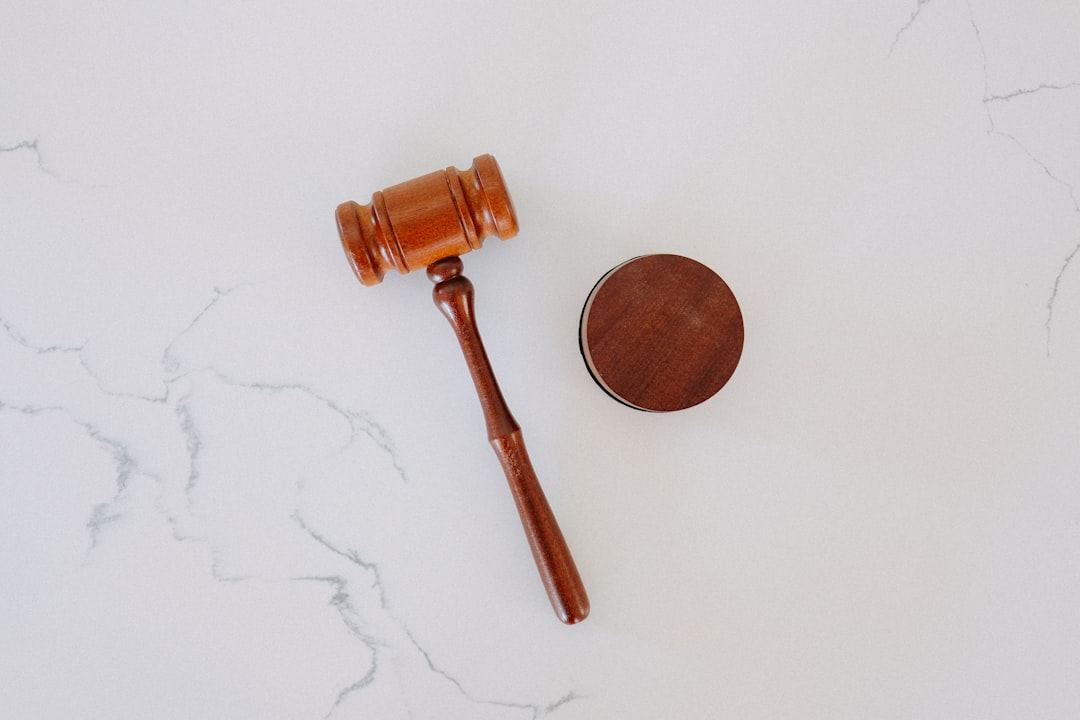School abuse lawyers in Mississippi prioritize client confidentiality due to the sensitive nature of their cases. Strict state laws and ethical guidelines protect victim privacy, with attorneys meticulously documenting and securing case files. In high-profile cases, these lawyers strategically manage communication and implement robust security measures like encrypted storage and access controls to safeguard confidential information, ensuring victims' protection while pursuing justice.
In high-profile cases of school abuse, maintaining client confidentiality is paramount. This comprehensive guide explores the intricate balance between protecting sensitive information and upholding legal obligations. We delve into the specific challenges posed by media scrutiny in Mississippi, offering best practices for safeguarding confidential data. An experienced school abuse lawyer plays a crucial role in navigating this labyrinthine process, ensuring privacy while pursuing justice. Key topics include understanding confidentiality duties, the relevant legal framework, and strategies to mitigate risks in these delicate matters.
Understanding Confidentiality Obligations in School Abuse Cases

In the sensitive realm of school abuse cases, maintaining client confidentiality is paramount for any Mississippi school abuse lawyer. These cases often involve highly personal and traumatic experiences, making discretion crucial to protect the victim’s privacy. Lawyers must navigate a web of ethical and legal obligations to ensure confidential communication with clients. This includes keeping all information shared during consultations strictly private and secure, as well as adhering to strict confidentiality agreements signed by both parties.
Understanding these confidentiality obligations is essential for lawyers handling such cases. Mississippi laws, like those in many states, mandate that attorney-client conversations remain confidential, shielding sensitive details from disclosure unless there are specific exceptions, such as reporting suspected child abuse or ensuring the client’s safety. For school abuse lawyers, this means meticulously documenting interactions, securely storing case files, and being vigilant about who has access to confidential materials, thereby upholding not just professional ethics but also fostering trust between clients and their legal representatives.
Legal Framework for Protecting Client Secrets in Mississippi

In Mississippi, the legal framework for protecting client secrets is robust and strictly enforced, especially in cases involving sensitive matters like school abuse. The state has stringent laws in place to safeguard confidential information shared between clients and their legal representatives. These laws are designed to ensure that attorneys maintain the utmost discretion when handling cases that could have significant public implications.
Mississippi’s legal code mandates that attorneys uphold a high standard of ethical conduct, including the duty to preserve client privacy. This is particularly crucial for school abuse lawyers who often represent victims who may have suffered traumatic experiences. By adhering to these legal frameworks, Mississippi-based school abuse lawyers demonstrate their commitment to protecting not only the identity of their clients but also the delicate details of their cases.
Challenges of High-Profile Cases: Media and Public Scrutiny

Handling high-profile cases, especially those involving sensitive matters like school abuse, presents unique challenges for lawyers in Mississippi. With the power of media and public scrutiny, maintaining client confidentiality becomes an even greater hurdle. Every detail of such cases tends to attract widespread attention, making it difficult to shield sensitive information from prying eyes.
The constant media coverage and public interest can lead to a deluge of speculation and misinformation. Lawyers must navigate this intricate landscape while ensuring their clients’ privacy is respected. In the public eye, balancing transparency for due process with confidentiality to protect victims becomes a delicate task, requiring meticulous care and strategic communication management.
Best Practices to Safeguard Sensitive Information

In the high-stakes world of school abuse lawsuits, where sensitive information is at the forefront, maintaining client confidentiality becomes paramount. Top-tier Mississippi school abuse lawyers understand that protecting confidential data is not just an ethical responsibility but a strategic necessity to ensure fair and effective legal representation.
Best practices for safeguarding sensitive information involve multi-layered security measures. This includes using encrypted digital storage solutions, implementing strict access controls, and regularly training staff on data protection protocols. Lawyers should also establish clear policies on who can access what types of information, with a focus on minimizing exposure to third parties. Regular audits and updates to these protocols are essential to keep pace with evolving cyber threats, ensuring that confidential client details remain secure throughout the legal process.
Role of an Experienced School Abuse Lawyer in Maintaining Confidentiality

In high-profile cases involving school abuse, an experienced Mississippi school abuse lawyer plays a pivotal role in maintaining client confidentiality. These attorneys are well-versed in navigating sensitive legal matters and understand the importance of keeping detailed information private to protect their clients’ interests. They employ robust security measures to safeguard documents and communications, ensuring that only authorized personnel have access to case-related data.
An expert Mississippi school abuse lawyer also facilitates effective communication between clients, schools, and relevant authorities while adhering strictly to confidentiality agreements. Their proficiency in legal procedures enables them to handle cases discreetly, preserving the privacy of victims and their families. This specialized knowledge is crucial for fostering trust between clients and legal representatives, ensuring a robust defense strategy focused on justice without compromising confidentiality.






